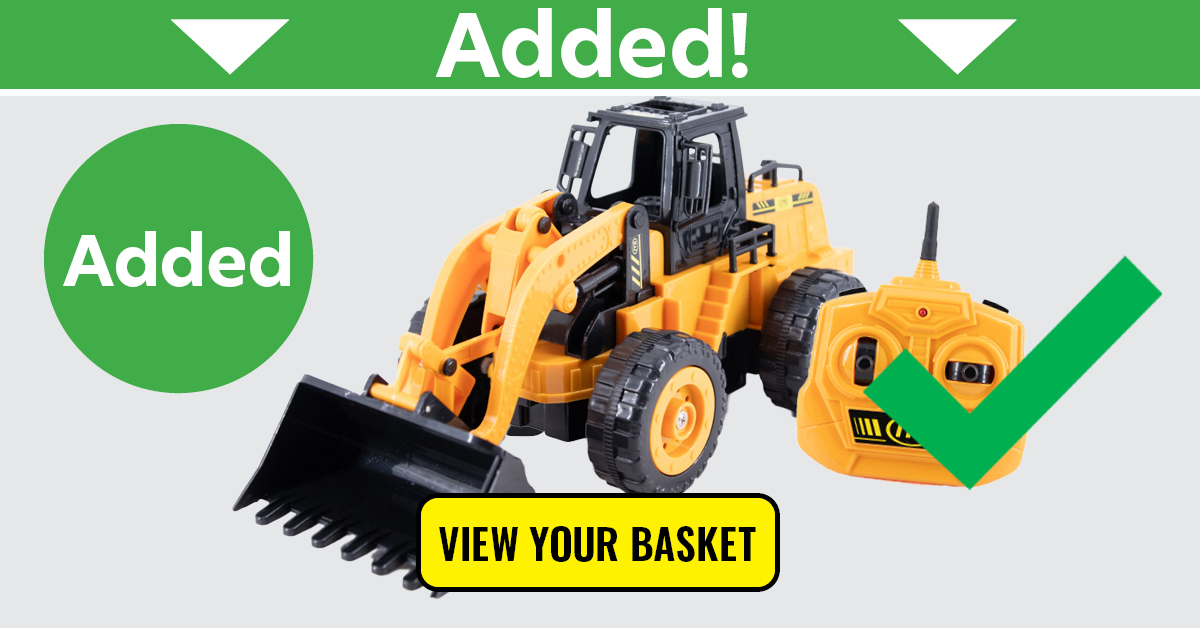Cement Mixers
Cement mixers are portable devices that mix cement, aggregate and water together to create concrete.
They feature a revolving drum to mix the components alongside a handle that changes the position of the drum so the cement can be poured out. Also referred to as concrete mixers, they require far less effort than manual mixing and so save time and money. Available in a wide range of drum capacities. Suitable for home improvement projects and commercial building sites.
At ITS we have all the big brands including, Belle and Draper and can be delivered to site or home
Read more ...



